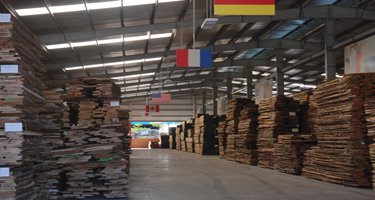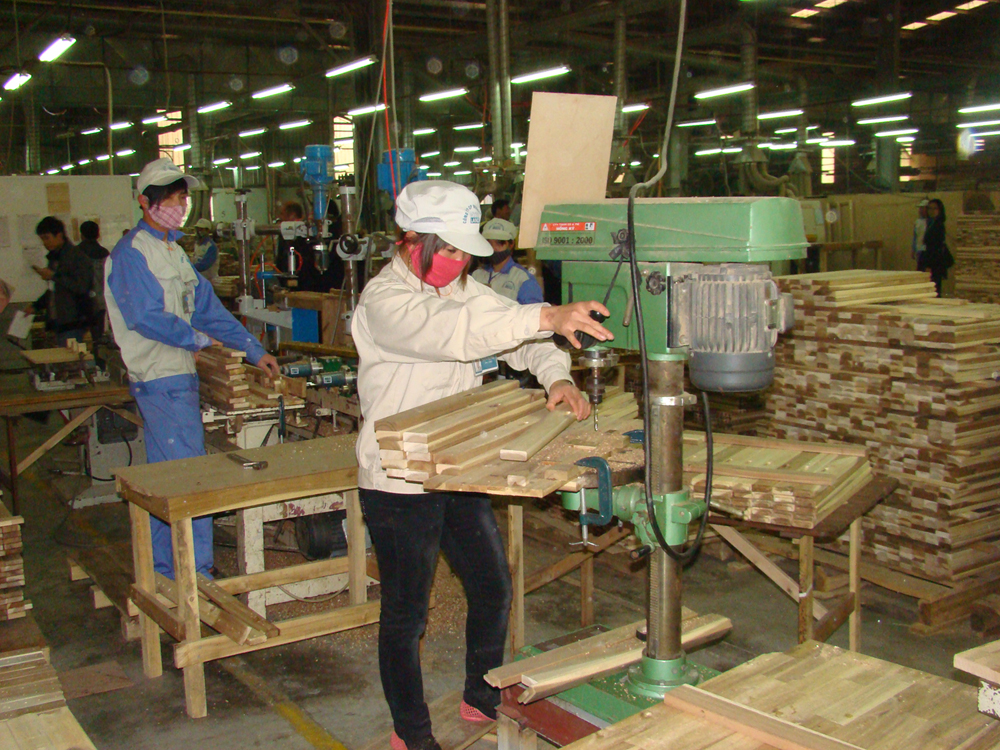
The EU, USA, Japan and Australia are the most demanding markets when it comes to proof of legality and sustainability of timber imports, according to leading Asian suppliers. This was among the findings of a report from the Global Timber Forum based on a survey of timber industry associations in both Asian producing and consumer countries; Indonesia, Australia, Thailand, Vietnam and Australia.
A total of 25 associations were interviewed. They represented a range of interests, from forestry businesses, through timber processors to retailers. In total they have 13,000 member companies, including a large number of small to medium sized enterprises, and between them account for an estimated US$30 billion of trade.
The two key issues facing their members, survey respondents said, were obtaining raw material and compliance in a changing international regulatory landscape. Addressing those countries and regions that set the bar highest on import legality and sustainability assurance, respondents rated compliance on both as equally significant.
The biggest challenges for associations included:
- • supporting and guiding members in compliance with international product and environmental standards
- • Engaging in legal reform processes
- • Providing members with market data
- • Advising on legality compliance and legal assurance.

Asian manufacturers having to meet ever stricter legality requirements
Respondents said the main forms of risk mitigation they recommended to members were sustainability certification and legality verification. Associations said that supply chain management, legality compliance and communication were key areas for member training. They also advocated more market communication to counter the timber sector’s negative image.
Association members were reported to be mainly now trading in plantation grown hardwood , with timber from natural forest accounting for less than 25% of sales.
The GTF has also conducted interviews on these topics in China and India and will report the findings separately.
